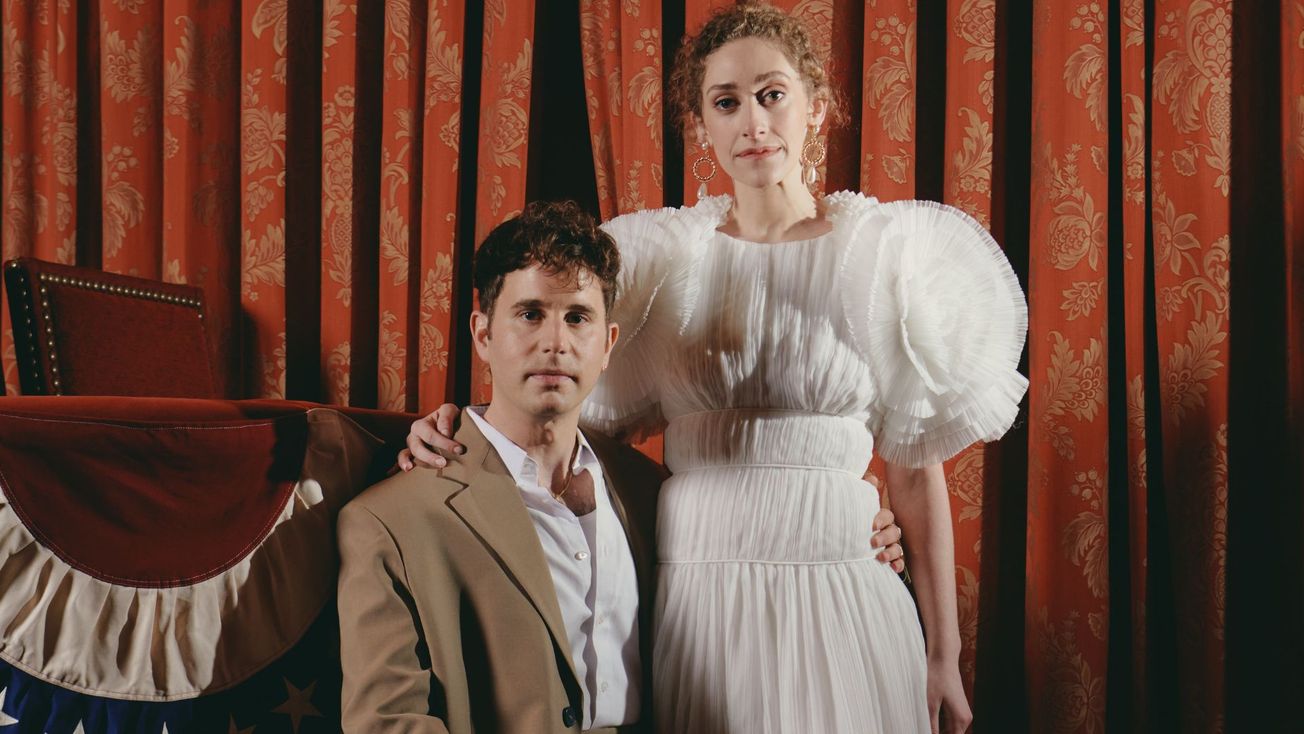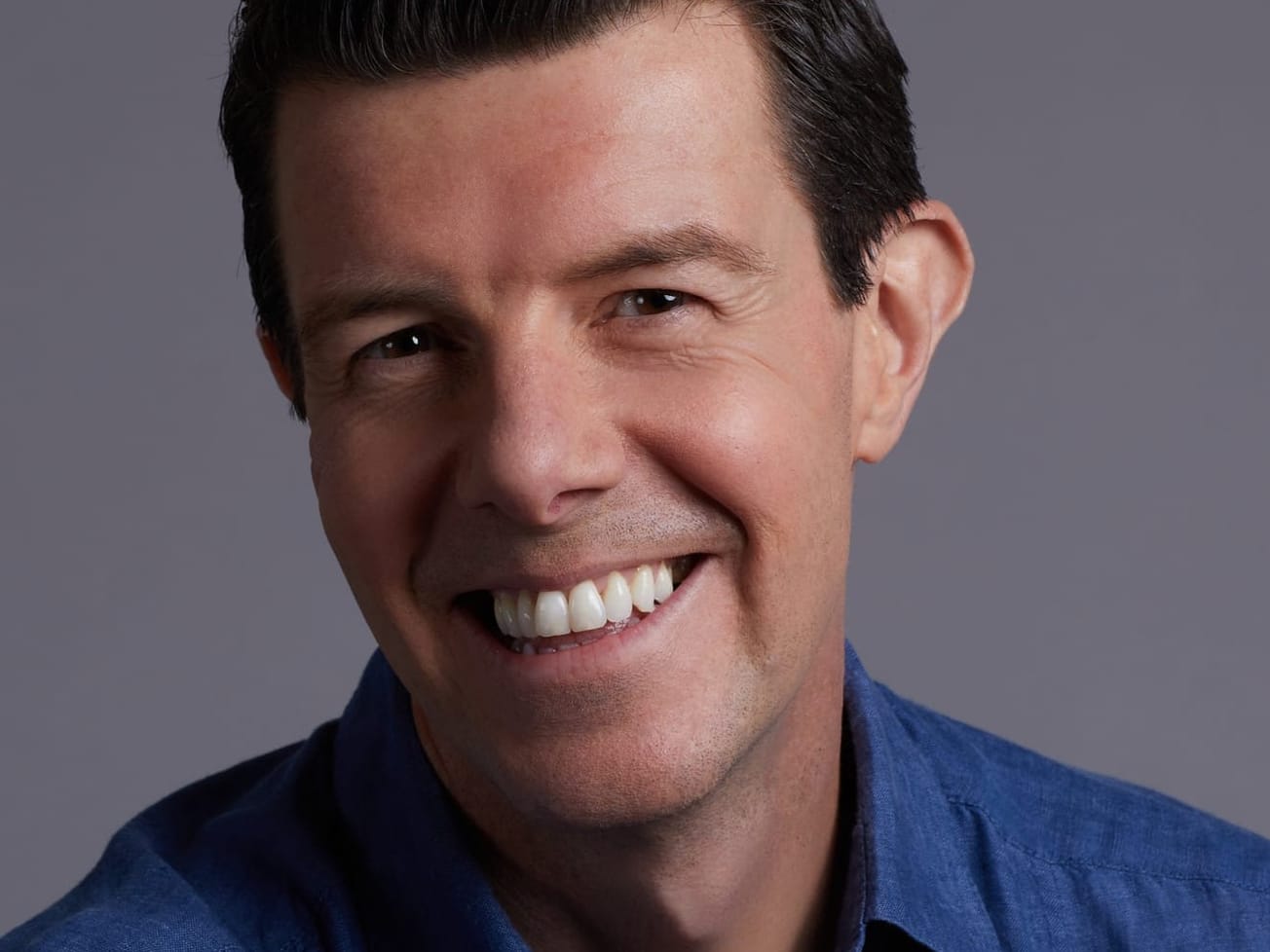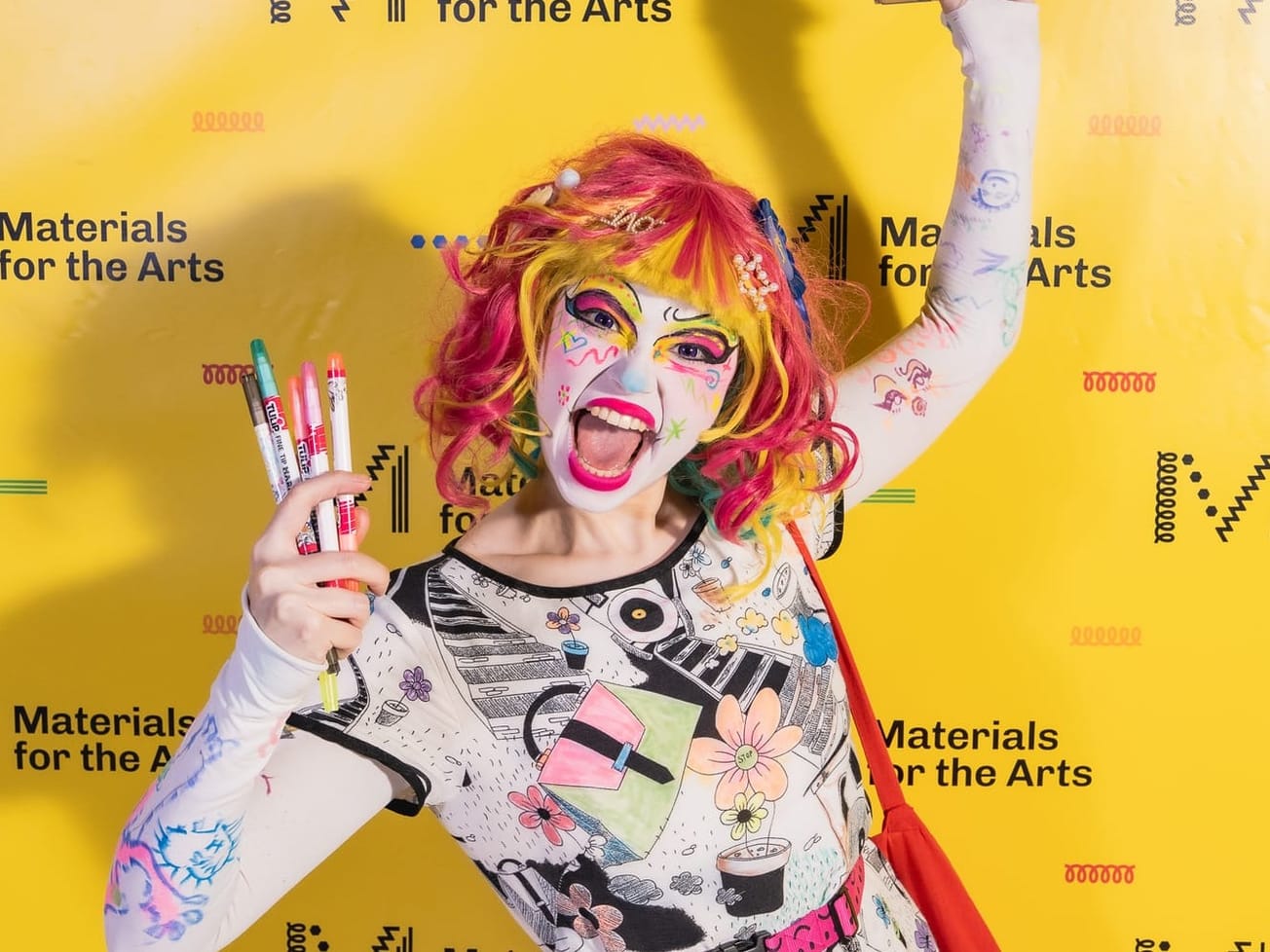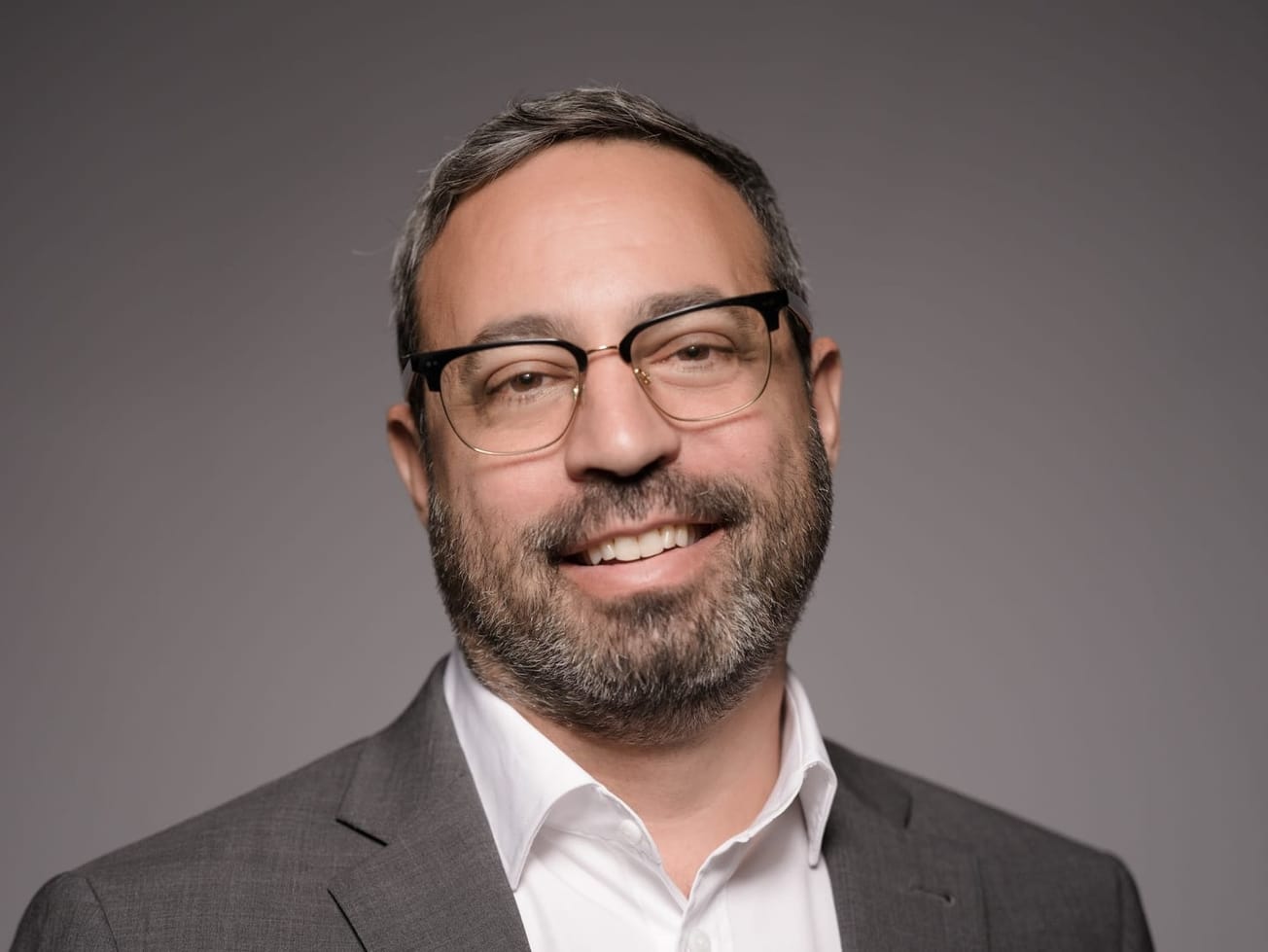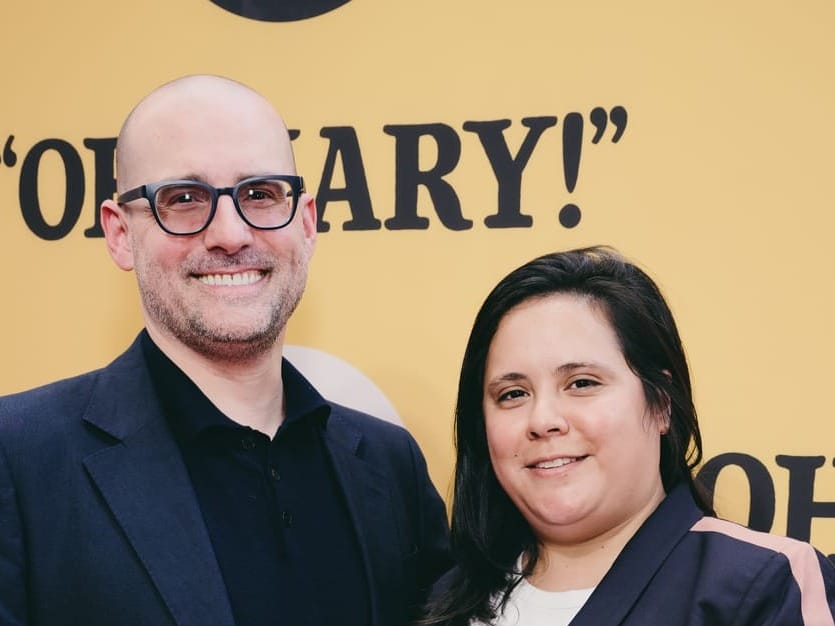The currently running Broadway revival of “Parade” marks the first time the real-life Jewish figures Leo and Lucille Frank have been portrayed by Jewish actors in a major staging of the landmark musical. Tony winner Ben Platt and rising star Micaela Diamond take on the roles.
Authenticity in casting has been a prominent issue for the past few years — and it has only gained major attention since Broadway’s shutdown and reopening. Too often, Jewish characters are not included in this dialogue. And while Judaism holds complexity as an entity that is culture, religion, ethnicity and people, there remains a difference between those who are Jewish and those who are not.
For “Parade” composer-lyricist Jason Robert Brown, whose numerous Broadway shows have featured Jewish characters, a true connection to Judaism matters.
“We can’t be talking all the time about authenticity [in casting] and then not have it matter when it comes to Jews,” Brown added.
“It is true in the biggest sense: No, I don’t need a Jewish actor to play a Jewish role. I’ll buy it on a lot of levels,” Brown continued. “But there is something enormously powerful about a Jewish actor playing a Jewish role.”
“There is a real difference — to me and maybe not to someone else — a tangible, palpable difference between what a Jewish actor can bring to a Jewish character and what a non-Jewish actor does,” Brown said. “And that doesn’t mean they have to be particularly observant. There is just something about what is in the ground, what is in the wine that you drank at the Seder, that comes to how you play these parts.”
Platt has displayed his Judaism proudly and openly — wearing a Jewish star, reminiscing about his childhood summers at Camp Ramah, even singing in Hebrew during interviews. Platt brings all of that history to a musical about a man who was wrongfully accused, convicted and lynched because he was Jewish.
“That well of understanding — of the importance of this [story] and the responsibility of this — is built in because of our upbringing and our understanding of that trauma and that past,” the actor said.
But as much as Platt may draw from the generational legacy and ongoing reality of anti-Semitism, there’s also much he can pull from simply being a Jewish man. “There’s an ease because of it,” Platt said. “There’s an innate personal connection, I think, where we’re not having to put a hat on a hat.”
When Leo uses the Yiddish word “meshuggenah” or the Hebrew word “shalom,” the way he carries himself as a Brooklyn-born Jew in Atlanta (accustomed to being surrounded by a Jewish community and now in a stark minority), Platt naturally attaches meaning — and organic pronunciation — because of his upbringing and visceral link to the culture and languages.
“It’s just a real comfort to be Jews,” Platt said. “It’s similar to how I feel when I get to play a queer character in the sense that I don’t have to be putting a lid on any of my own instincts or mannerisms or what have you. The same goes with Judaism. Our culture and our behavior is irrevocably affected by the fact that we were raised Jewish. And so getting to just lean into that and feel connected to yourself in that way, there’s an added freedom.”
Platt’s co-star Diamond agreed, confiding that she’s investigated her own nuanced feelings about her Jewish identity through the experience of playing Lucille. “She really assimilated into the South and that’s for good reason: Lucille wants to be safe, and white is safe, so how can she make herself as white as possible?” Diamond said. “She definitely doesn’t feel proud of her Jewishness, but she also doesn’t feel shame about it. And I think I’ve been there too.” That inner conflict — being too Jewish or not Jewish enough — brings a live conversation about assimilation and authenticity from the Jewish community to the layers of this musical.
Even the lyric “the Jews are not like Jews,” referring to the contrasts between those from Brooklyn and Atlanta, acknowledges perceptions of Jewishness which are still being worked through in Jewish communities today. To understand something so complex, it helps that Platt and Diamond come from that community.
What’s more, “Parade” itself has become a part of Platt and Diamond’s cultural inheritance. Like many Jews, the musical is the conduit through which they learned this chapter of history.
“They not only know the Leo Frank story, but they know it from ‘Parade,’” Brown marveled. “They literally grew up saying, ‘This is our heritage.’ That is so resonant in the performances, and it matters so much to me.”
“We both so deeply get what this opportunity is as musical-theater nerds and Jews,” Platt urged.
Of course, the original stars of “Parade” (Carolee Carmello and the late Brent Carver) were not Jewish, yet Brown still refers to their performances as “transformative and beautiful and gorgeous.” The composer-lyricist recognizes that this can be true while at the same time noting that something might have been missing.
“It didn’t make his portrayal less good, and it didn’t mean he wasn’t the most talented performer in the world,” Brown said of Carver, specifically, “but I could tell the difference in authenticity.”
As Diamond said, “There are just certain things that you know.”
“It’s something as obvious as when he has to sing the Shema [prayer] at the end,” Brown said. “What do those words mean? How many times have you said them in your life? I think it counts.”


















































